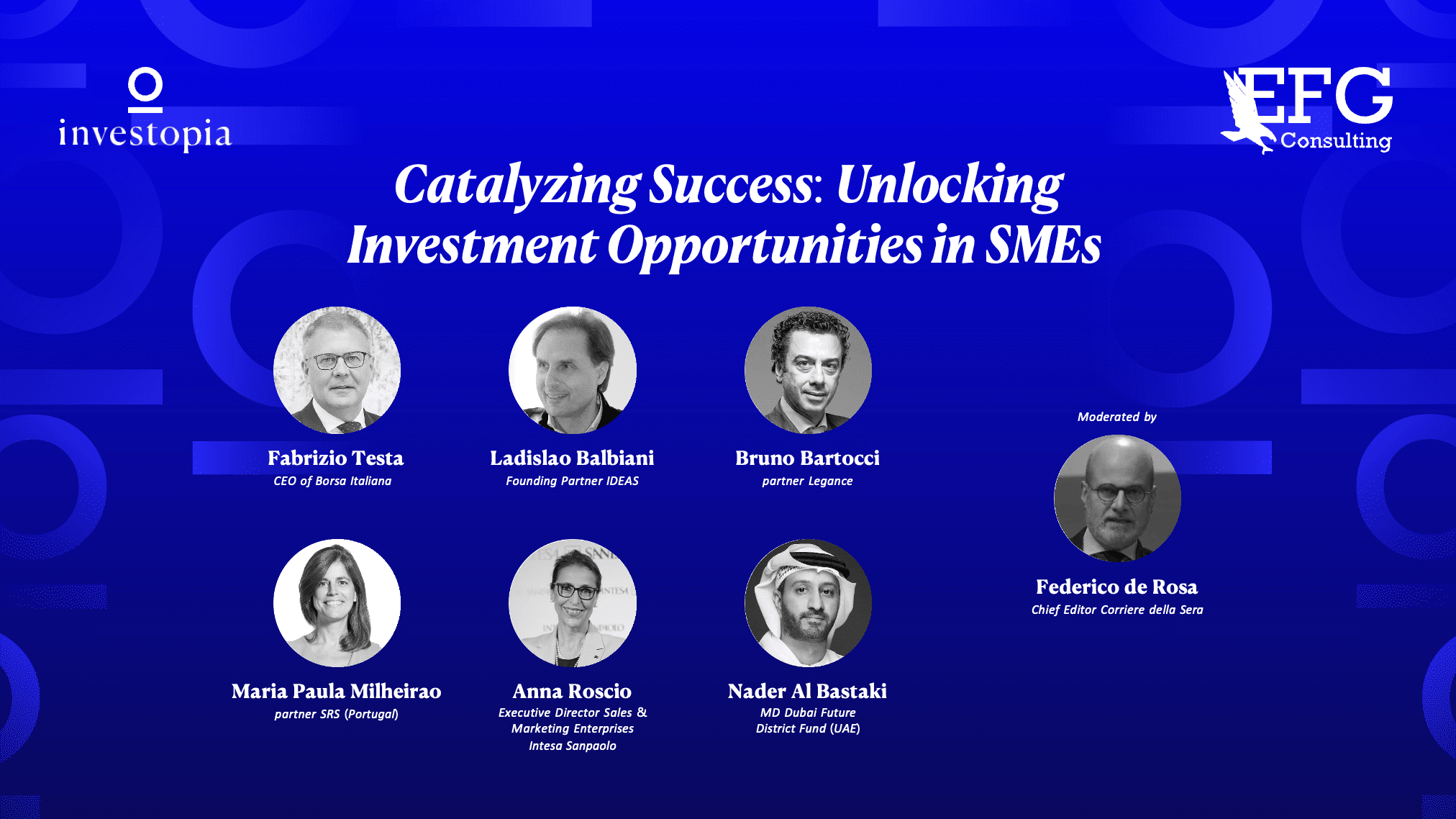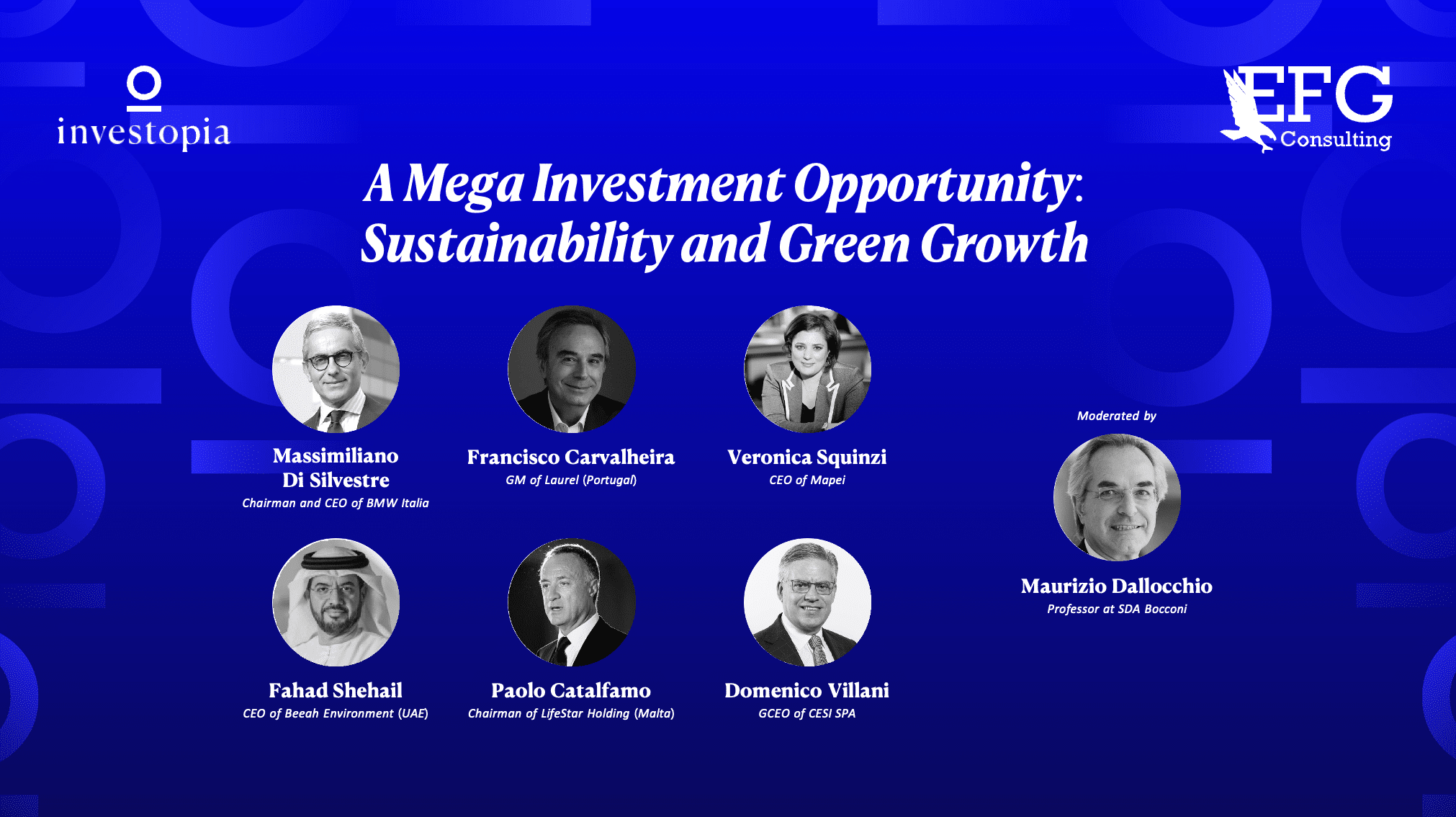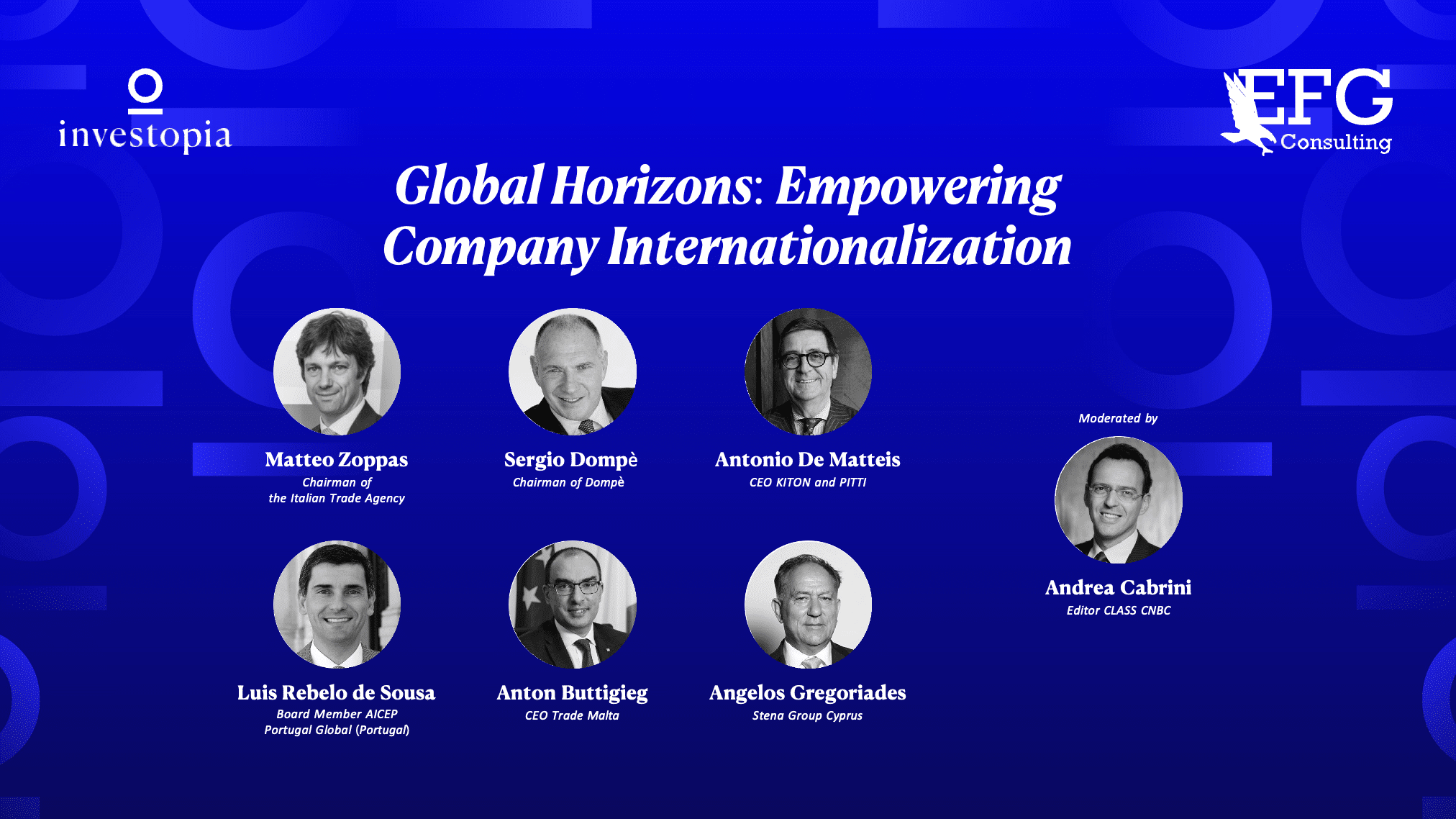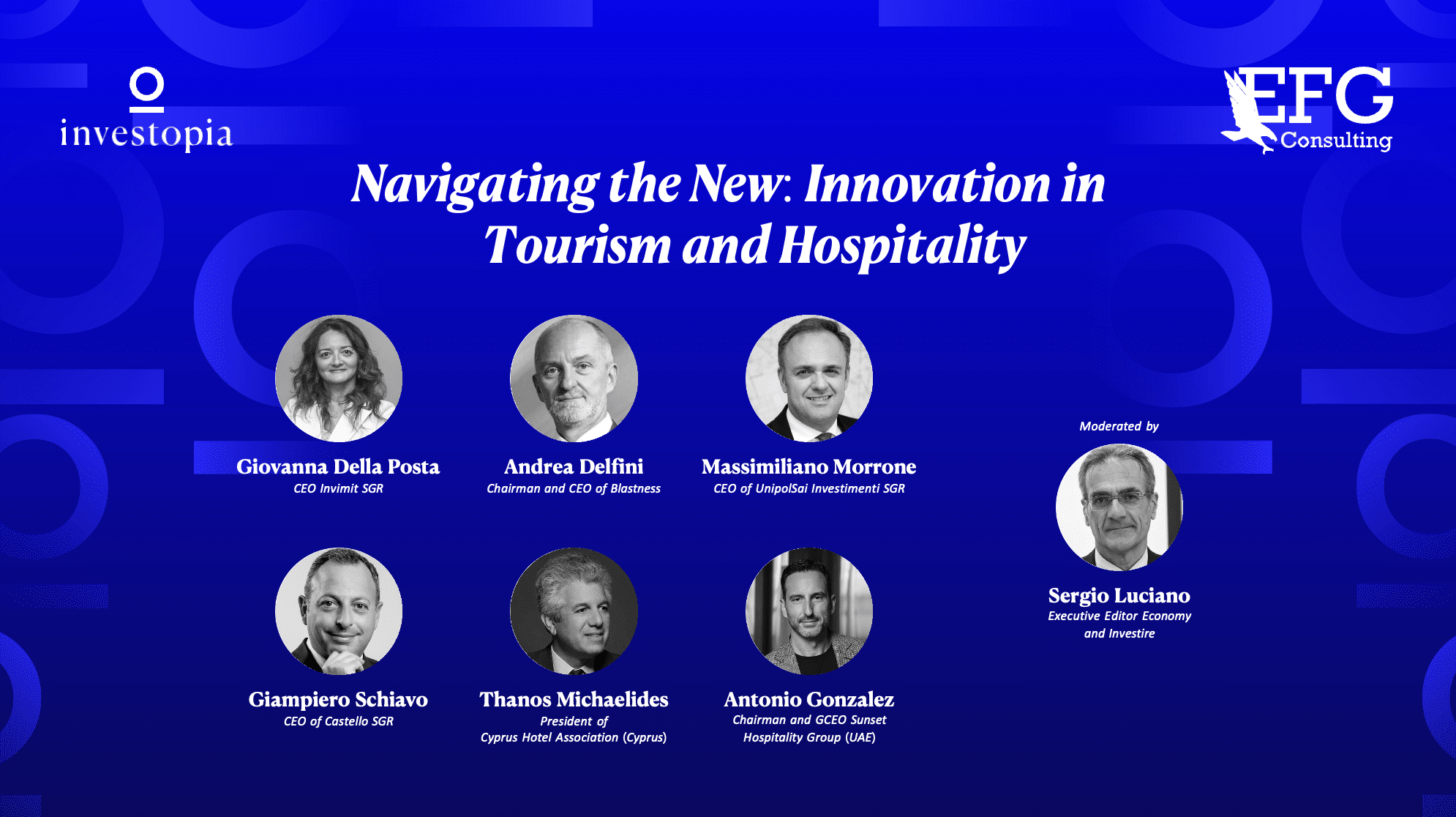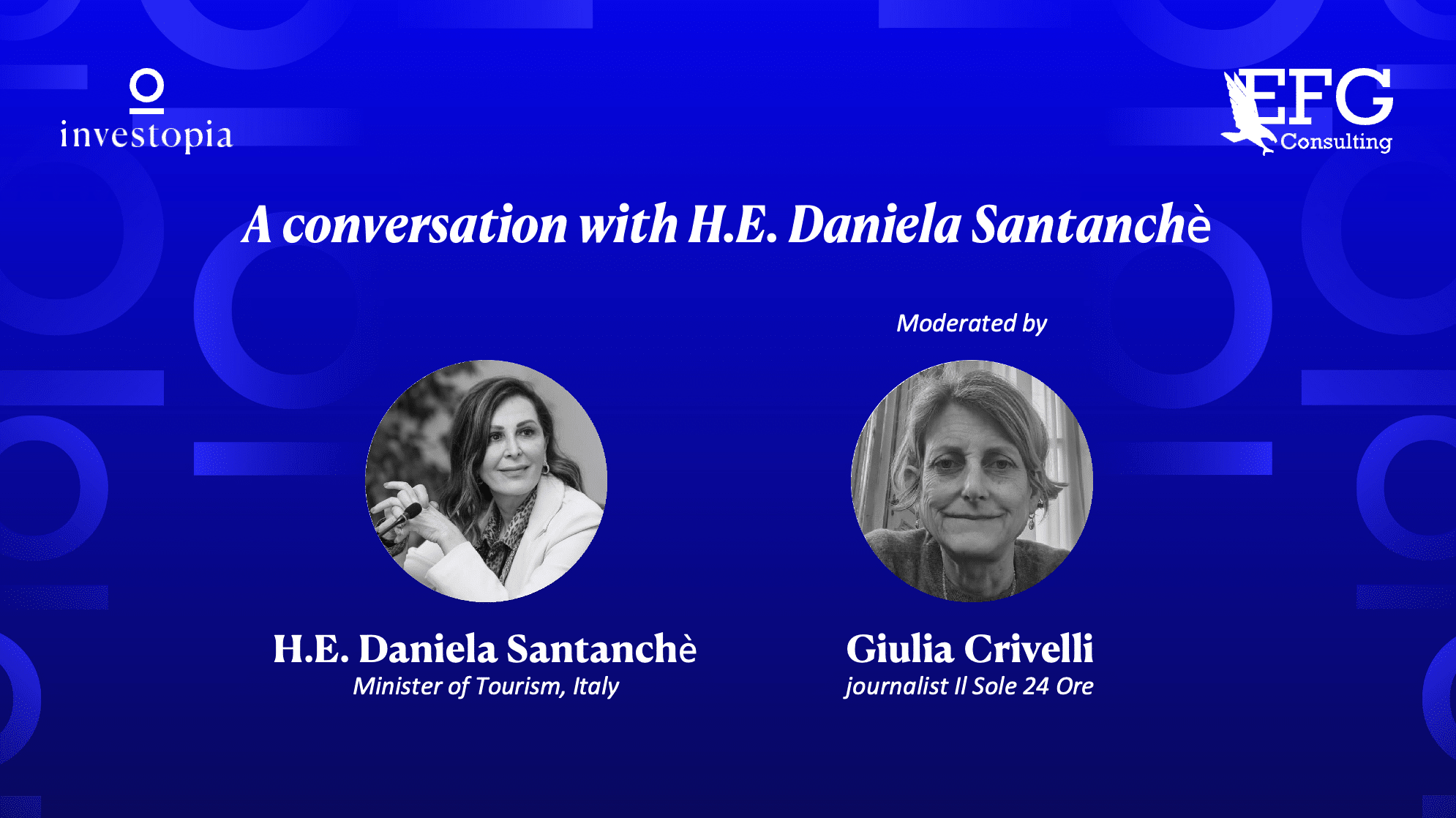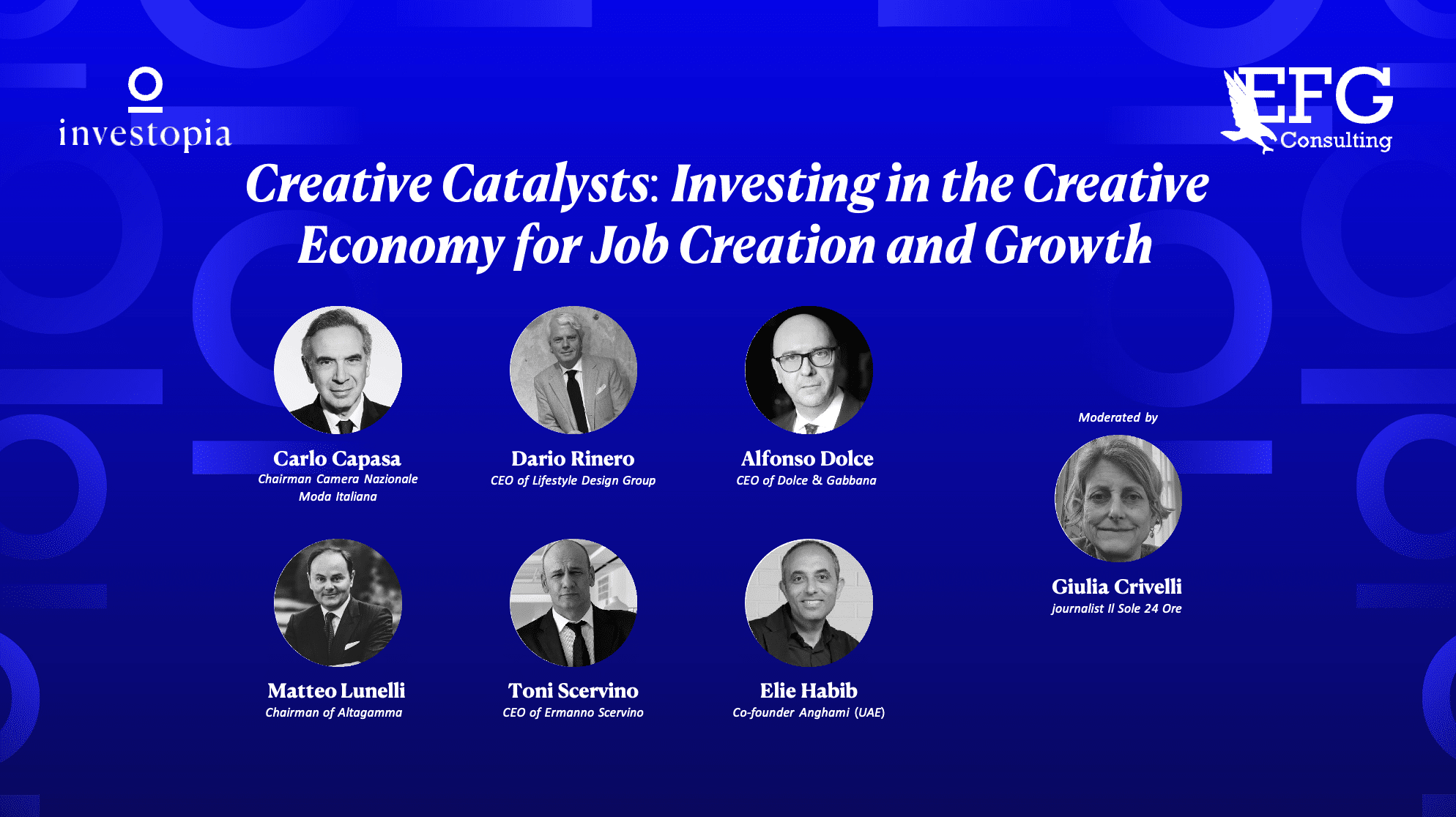Session Speakers:

Bedour Al Raqbani
Emirati Social Entrepreneur, Maseer

Dana Kamali
Chief Business Officer, “Majra” National CSR Fund; First Emirati named “Most Impactful CSR Leaders” Globally

David Ramos
Acting Head of Sustainability - MENAT, HSBC

Farsheid Jabarkhyl
Managing Director, Fatima Bint Mohamed Bin Zayed Initiative

Ghada Abdelkader
Senior Vice President, Crescent Enterprises
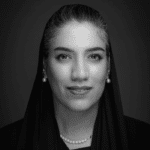
H.E. Ruqayya Alblooshi
Executive Director of International Relations and Government Knowledge Exchange, Prime Minister's Office
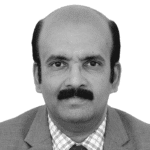
Jomon Thomas
Director, Quality and Sustainability, Khidmah Sole Proprietorship LLC

Lubna Bouza
Editor in Chief- Business News, Sky News Arabia

Randah Taher
Biomimetic and Innovation Facilitator, Sajory
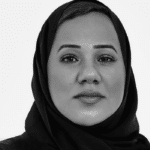
Shadiah Al Jaberi
Founder & Director, Rawafed Centre

Suzanna El Massah
Sustainability Club Head and Associate Professor of Economics, Zayed University
Share
Key Takeaways
- Sustainability is a journey that requires a shift in mindset, collaboration, and long-term thinking.
- The private sector is seeing a shift in the mindset of investors towards sustainability, and they are issuing more funds for sustainable finance products.
- Collaboration between international organizations and countries is necessary to address poverty and sustainability issues.
- Social enterprises and NGOs play a crucial role in positively impacting communities, and businesses need to move towards a circular economy and empower underprivileged communities.
- The academic sector is taking a proactive approach to sustainability by partnering with organizations interested in sustainability to engage students in real-world projects and interdisciplinary study methods based on real-world problems.
In the “Year of Sustainability: Lightning Round with Leaders in Sustainable Impact” marketplace session, industry leaders discussed the importance of sustainable goals and the impact of technology on job automation. Panelists included representatives from the UAE Prime Minister’s Office, Fatima Bint Mohamed Bin Zayed Initiative, National CSR Fund, HSBC Bank, Crescent Enterprises, Khidmah LLC, Maseer, Zayed University, Rawafed Centre, and Sajory. Lubna Bouza, Editor in Chief of Sky News Arabia, and Dana Kamali, the Chief Sustainability and Competitiveness Officer of the National CSR Fund moderated the discussion.
Public Sector:
HE Ruqayya Alblooshi of the Prime Minister’s Office emphasized the need for collaboration between international organizations and countries to address poverty and sustainability issues, highlighting the UAE’s efforts in implementing sustainable development goals. The conversation also touched on the impact of technology on jobs and the importance of developing soft skills like resilience and agility. Dana Kamali discussed the role of the National CSR Fund in promoting sustainable impact, including verifying projects and bringing stakeholders together to prioritize initiatives.
Private Sector:
The discussion among the panelists also revolved around the sustainability practices of their respective companies, with each sharing their success stories and challenges. Ghada Abdelkader highlighted the four pillars of sustainability at Crescent Enterprises and how the company contributes to 12 SDGs. She emphasized that sustainability is a journey, and it is vital to set targets and commit to them. David Ramos shared how HSBC Bank sees a shift in the mindset of investors towards sustainability and how they are issuing more funds for sustainable finance products. Jomon Thomas talked about their net-zero action plan and how they plan to optimize resources and digitalization to decarbonize emissions.
The moderators posed questions about the difficulties and costs associated with sustainable practices. The panelists responded that while it may be more expensive in the short term, it is essential to consider the long-term cost-benefit analysis. They emphasized the importance of understanding the social return on investment and shifting towards long-term instead of quarterly thinking.
The panelists also discussed the role of regulations and government support in incentivizing sustainable practices. They suggested linking waste management to trade licenses and reducing license costs for sustainable practices. They also highlighted the importance of collaborative efforts between enterprises and the government in achieving sustainability goals.
Overall, the panelists emphasized that sustainability is a journey that requires a shift in mindset, collaboration, and long-term thinking. They suggested various practices and regulations to incentivize sustainable practices and achieve sustainability goals.
Social Enterprises and NGOs:
The discussion with the social enterprise and NGO sector focused on the importance of sustainability and positively impacting communities. Social enterprises were defined as businesses that aim to make an impact rather than solely for financial gain. The speakers highlighted the importance of education, self-learning, and social skills, especially for young people who have fallen out of the education system due to poverty. They emphasized the need for businesses to move towards a circular economy and empower underprivileged communities.
The speakers also discussed the importance of sustainability and how organizations can help businesses grow. They advised against financial donations and instead suggested sustainable models such as community engagement, sustainable employment, and local market appeal. The private sector can support social enterprises and NGOs by offering expertise, networking, mentoring, monitoring, and volunteering to read with youth, build their confidence, and coach them on job applications and interviews.
Overall, the discussion highlighted the importance of collaboration, creative problem-solving, and thinking outside the box to create opportunities and positive change in the world. The audience was encouraged to take back what they learned and discuss it with their surroundings to continue the conversation and create more opportunities for sustainable development.
Academia:
Speakers from the academic sector also discussed a range of sustainable practices that can help reduce costs, such as Sea Green, a new application that traces the carbon emissions of products, and a start-up that connects companies’ waste or surplus to the input of another company. They also highlighted how digital transformation and AI applications could enable circularity and reduce waste. However, the EU’s recent approval of a carbon tax for the global value chain could threaten competitiveness.
Another critical topic of discussion was biomimicry, an innovation inspired by nature. Biomimicry seeks to learn from the natural world’s examples of energy use, insulation, and more. Biomimicry has helped develop soundless bullet trains and wastewater treatment systems that transform waste into clean water and electricity.
To support students’ sustainability mindset, universities use interdisciplinary study methods based on real-world problems. Students build policy recommendations and engage in role-play exercises to find solutions to sustainability challenges. The UAE’s first undergraduate program in sustainability will start in the fall, offering students opportunities to work with industry partners. The academic sector is partnering with organizations interested in sustainability to engage students in projects such as growing quinoa. Overall, the UAE is taking a proactive approach to sustainability in academia, equipping students with the skills and mindset needed for a sustainable future.
Overall, the session emphasized the importance of collaboration, creative problem-solving, and thinking outside the box to create opportunities and positive change in the world. The UAE is taking a proactive approach to sustainability, equipping students with the skills and mindset needed for a sustainable future.



